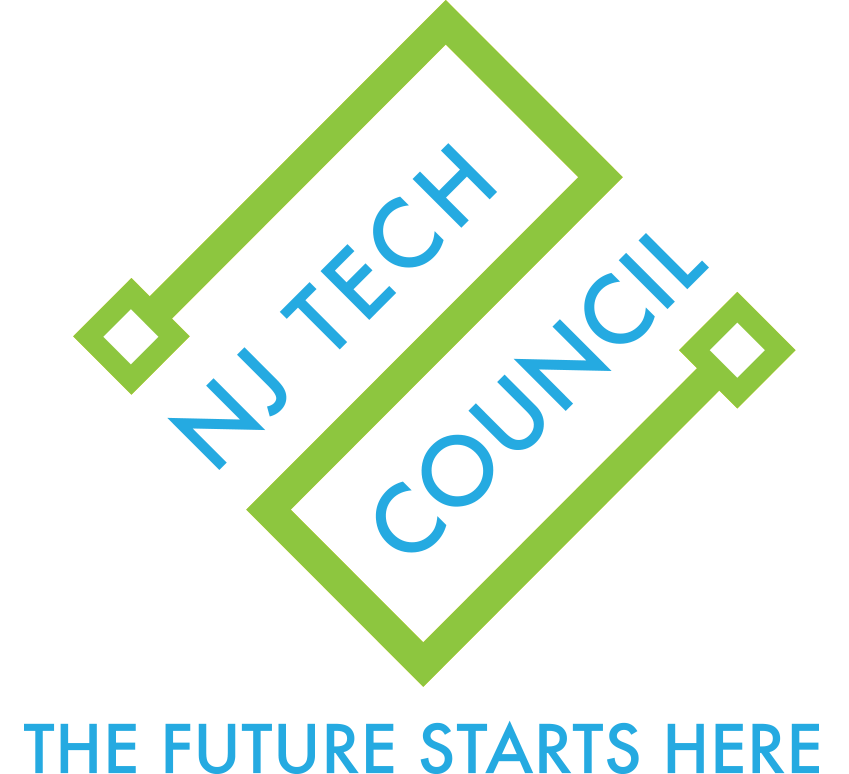Researchers and social scientists study generations and their behaviors. More specifically, they attempt to uncover what trends shape each generation as well as determine unique characteristics, expectations and preferences.
Here, in the United States, there are five distinct generations that have an active role in the workplace, including generational cohorts bearing labels of Boomers, Generation X, Millennials and Generation Z. However, given the amount of market research placed on Boomers and Millennials, it’s no wonder why Generation X seems to be overlooked in the conversation.
This notion of being “forgettable” has crossover in the workplace. In fact, new data published by DDI suggests that Gen X leaders have been the slowest to advance on a professional basis, and are being overlooked for promotions at higher rates than their counterparts in other generational groups [1].
Who is Generation X?
Generation X includes anyone born between 1965 to 1981. With an average of twenty years of experience in the workplace, they are currently in the best earning years in their employment cycle. Stuck in between two much larger-sized generational groups, Boomers and Millennials, Generation X shares many important characteristics with both its senior and junior counterparts. [2]
For example, Generation X is similar to Boomers in that both generations are employer-loyal, virtual team leaders, execution-focused and adept in identifying and developing talent in the workplace. [3] In addition, Generation X is comparable to Millennials because both are digitally-savvy, eager to lead and are driven by purpose. [4] Coupled with high effectiveness in demonstrating and leading with empathy, Generation X is typically poised to lead in the workplace.
Generation X Leaders are Being Overlooked
On average, research shows Generation X leaders had 1.2 promotions in the past 5 years. This is notably lower than both their senior counterparts, averaging 1.4 promotions, and their junior counterparts, who average 1.6 promotions, during the same time period. [5]
Moreover, Gen X leaders are expected to handle extensive workloads, by comparison, despite this lack of recognition in leadership roles. For example, Gen X have 7 direct reports on average, compared to only 5 direct reports for Millennials. [6]
How to Retain Generation X Leaders
Employers will likely find themselves battling retention problems if Generation X leaders continue to be overlooked for opportunities of advancement. Retaining Gen X will require a personalized approach that specifically addresses their needs for professional development.
Given their affinity for external mentoring and development, employers should invest in programs and opportunities that allow Gen X to find mentors. Also, employers should make a conscious effort to buck the trend of assuming Millennials are best qualified for tech-based leadership roles because of their age. Gen X is equally digitally-savvy and will thrive when placed in roles requiring innovation and teamwork. Lastly, employers shouldn’t shy away from incorporating tech-enabled tools when investing in Gen X’s development.
Regional Personnel specializes in recruiting and staffing services for the pharmaceutical industry. Regional helps its clients hire confidently. Need top talent? Email me at [email protected].
[1] Neal, Stephanie. “Are Companies About to Have a Gen X Retention Problem?.” Harvard Business Review. 26 Jul. 2019, https://hbr.org/2019/07/are-companies-about-to-have-a-gen-x-retention-problem [2] [3] [4] “The Hidden Potential of Generation X.” Development Dimensions International, Inc. 2018, https://www.ddiworld.com/genxreport [5] [6] [7] Neal, Stephanie & Wellins, Richard. “Generation X – Not Millennials – is Changing the Nature of Work.” CNBC Make It. 11 Apr. 2018, https://www.cnbc.com/2018/04/11/generation-x–not-millennials–is-changing-the-nature-of-work.html
James F. Lynch PhD, MBA – Regional Personnel Services ©2019








